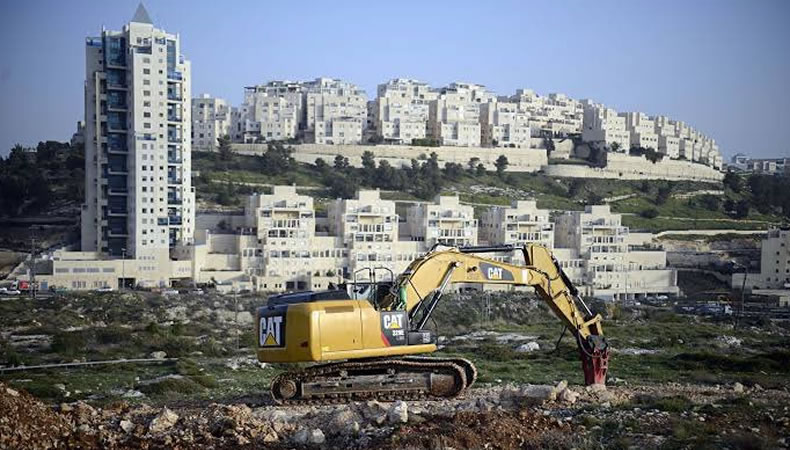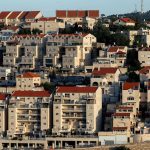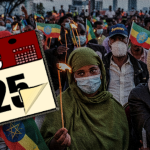In the occupied West Bank, Israel estimates 4,000 settlement houses might be permitted


Interior Minister Ayelet Shaked, a proponent of settlements, said on Twitter that a planning committee will meet next week to authorize 4,000 dwellings, calling development on the West Bank a “basic, essential, and evident issue.”
According to Israel’s Haaretz daily, the Civil Administration, a military authority, will meet on Thursday to advance 1,452 units, while Defence Minister Benny Gantz will authorize another 2,536 units.
Cogat, the military authority in charge of civilian affairs in the occupied West Bank, was referred questions by the Defence Ministry. Cogat did not reply to demands for comment right away.
Related Posts
In the 1967 Arab-Israeli conflict, Israel took control of the West Bank and erected over 130 settlements that house roughly 500,000 people. Under Israeli military authority, about three million Palestinians live in the West Bank.
Palestinians want the West Bank to be the centerpiece of their future state. They see settlement development as a fundamental roadblock to any future peace agreement because it reduces and divides the area on which such a state would be built.
The settlements are widely regarded as unlawful by the international world. The United States opposes settlement expansion because it jeopardizes the prospect of a two-state solution to the Palestinian-Israeli conflict.
Israel’s current cabinet is divided between pro- and anti-settlement parties. It has ruled out any significant peace plan or move to legally annex areas of the West Bank as a compromise. Palestinian statehood is opposed by Israeli Prime Minister Naftali Bennett, a former head of the largest settlement council.
Despite US criticism, Israel allowed the construction of 3,000 settlement houses in October. However, due to strong US opposition, certain projects have been put on hold.
Construction on the settlement can only begin when a lengthy bureaucratic procedure is completed, and it was unclear when contractors would be able to break ground on the 4,000 homes if they were given the green light. The procedure also allows Israeli officials to put a stop to or delay such developments.













